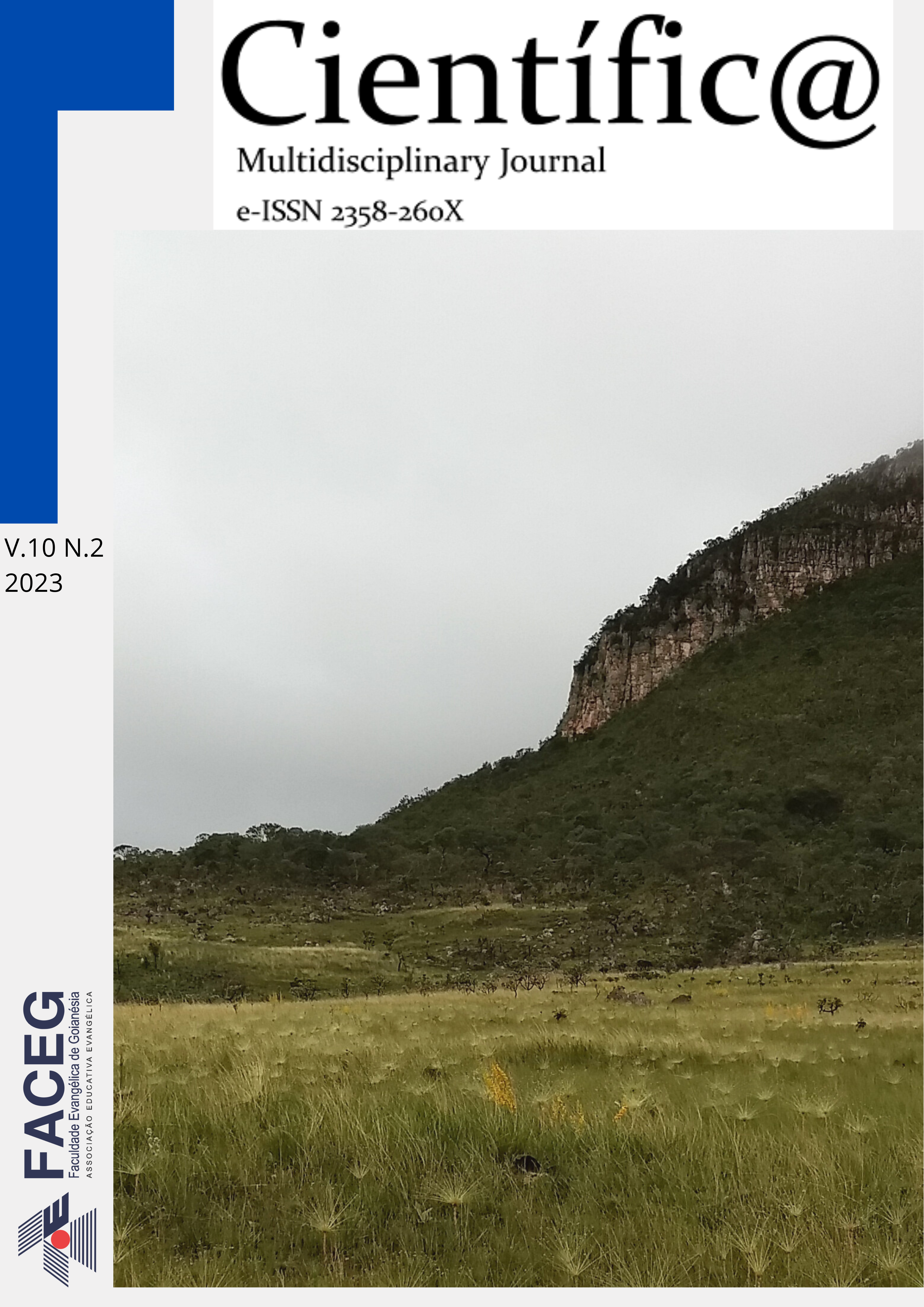RELATIONSHIP BETWEEN MEANINGFUL LEARNING AND CONTACT WITH NATURE
DOI:
https://doi.org/10.37951/2358-260X.2023v10i2.6841Abstract
Contact with nature begins in childhood, perception and introduction to natural sciences should be introduced in the first years of life. The objective of this article was to describe the concept of meaningful learning, in addition to discussing the relationship with learning in nature and with environmental education, and how this means of teaching impacts on children's lives. The methodology adopted is based on the deductive method of research, through a bibliographical and documental compilation. In view of the results obtained with the relevance of the subject studied, the great benefits brought by contact with nature are evident, bringing children more active, less stressed, less interested in electronic equipment, less anxious and happier.
Downloads
Published
How to Cite
Issue
Section
License
Esta revista oferece acesso livre imediato ao seu conteúdo, seguindo o princípio de que disponibilizar gratuitamente o conhecimento científico ao público proporciona maior democratização mundial do conhecimento.
A partir da publicação realizada na revista os autores possuem copyright e direitos de publicação de seus artigos sem restrições.
A Revista Científic@ - Multidisciplinary Journal segue os preceitos legais da licença Creative Commons - Atribuição-NãoComercial 4.0 Internacional. 

